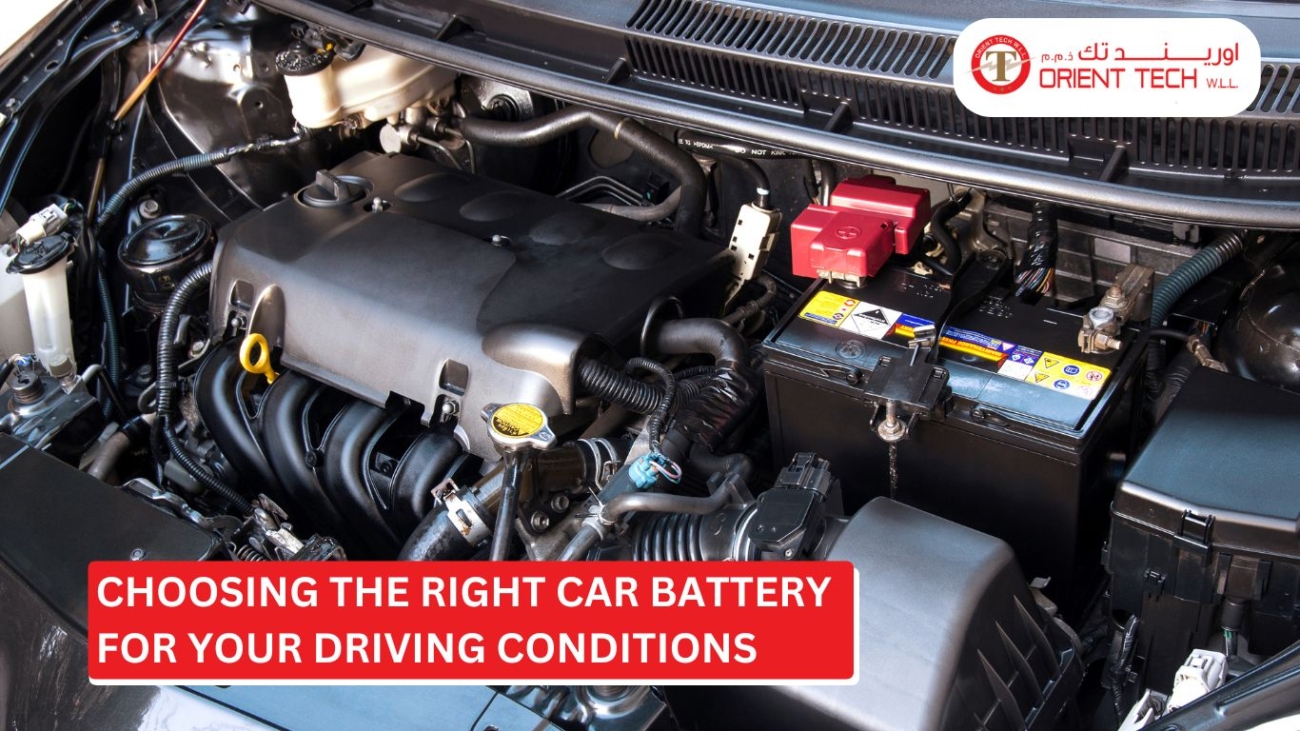Types of Car Battery
1.Lead-Acid Batteries
Traditional Lead-Acid Batteries are the most widely used type in cars. They consist of a liquid electrolyte and are known for their durability and cost-effectiveness. They are ideal for regular city driving, as they can handle repeated short trips and moderate climates.
Advantages: Affordable, widely available, and reliable.
Best for: Everyday commuting and moderate driving conditions.
2.Absorbent Glass Mat (AGM) Batteries
AGM batteries are a type of sealed lead-acid battery but with a twist. The electrolyte is absorbed into a fiberglass mat, which makes the battery more durable and resistant to vibration. This type of battery is ideal for vehicles that require higher power demands, such as those with advanced electronics, or for those in extreme driving conditions.
Advantages: Vibration resistance, faster charging, and longer lifespan.
Best for: Vehicles with high electrical demand or extreme driving conditions (e.g., off-road, towing).
3.Gel Cell Batteries
Gel cell batteries use a gel-like electrolyte rather than a liquid one. They offer similar benefits to AGM batteries, such as improved vibration resistance and the ability to withstand harsh environments. They are less common than AGM but are still used in some vehicles, especially those that experience extreme temperatures.
Advantages: Less prone to leakage and damage, can work in extreme temperatures.
Best for: Off-road vehicles, RVs, or boats that endure harsh environments.
4.Lithium-Ion Batteries
Lithium-ion batteries are typically found in electric and hybrid vehicles. These batteries are much lighter than lead-acid batteries and offer significantly more power. While they are still relatively new to the automotive market, lithium-ion batteries are becoming increasingly popular due to their high energy density and faster charging capabilities.
Advantages: Lightweight, energy-efficient, longer lifespan.
Best for: Electric vehicles (EVs) and hybrid vehicles.
How Driving Conditions Affect Battery Choice
1.Climate
2.Driving Habits
3.Power Demands
4.Vehicle Type
How to Choose the Right Car Battery
When selecting a battery, it’s important to consider the specifications of your vehicle, the climate in which you live, and your driving habits. Here are a few tips to guide your decision:
Check the Owner’s Manual: Your car’s manual will provide detailed information on the type of battery required for optimal performance.
Consider Your Driving Conditions: If you frequently drive in harsh climates or take long road trips, opt for a more robust battery, such as an AGM or lithium-ion battery.
Consider Battery Lifespan and Warranty: Some batteries offer longer warranties and lifespans than others, which can save you money in the long run.
Conclusion
Choosing the right car battery for your driving conditions is a vital decision for ensuring your vehicle runs smoothly and reliably. Whether you need a traditional lead-acid battery for city commuting or a high-performance AGM battery for demanding driving conditions, understanding the types of car battery available will help you make the best choice.
 +974 55641343
+974 55641343  info@orienttech.com.qa
info@orienttech.com.qa
 +974 4451 2997
+974 4451 2997
